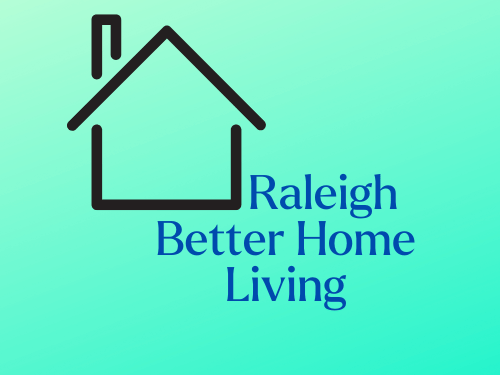
Why Welcome Native Stem-Dwelling Bees to Your Garden?
The importance of local biodiversity cannot be overstated. As homeowners looking to enhance our gardens, creating a welcoming habitat for native bees, especially stem-dwelling species, proves vital not only for the environment but also for our gardens' health. These magnificent pollinators are not just crucial to maintaining the ecosystem; they play a direct role in producing fruits, vegetables, and ornamental plants.
The Role of Stem-Dwelling Bees in Pollination
Stem-dwelling bees, such as the leafcutter and mason bees, utilize hollow stems and other natural materials for nesting. They are essential pollinators that contribute significantly to the pollination of many plants. Unlike honeybees, which are more social and produce honey together in colonies, these solitary bees sense a different ecosystem approach. Research indicates that they are individualistic pollinators who can visit numerous flowers far more efficiently. Their natural tendencies improve crop yields and assist in the growth of garden varieties.
Building the Perfect Habitat
Creating a refuge for these bees requires minimal effort and adds aesthetic value to gardens. Start by leaving portions of woody stems and branches intact after pruning. For the keen gardener, it may be beneficial to drill holes into dead wood or use specially designed bee hotels. A mixture of sun and shade placements can attract a variety of species. These structures mimic natural habitats, inviting bees to establish their homes right where the food source is abundant in your garden.
Choosing Plants to Attract Stem-Dwelling Bees
Diversity is key when planting for bees. Opt for native flowering species, which produce nectar and pollen across the growing season. Research has shown that flowering plants such as coneflowers, sunflowers, and various herbs like bee balm cater specifically to local pollinator preferences. A garden that continuously offers food sources will yield an increase in bee populations, ensuring optimum pollination for your plants.
Educational Opportunities for Homeowners
Developing a sustainable garden also provides educational opportunities for families. Involving children in gardening can instill a sense of responsibility toward nature and foster an early love for environmental stewardship. Exploring how bees contribute to food production and the ecosystem can create informed future adults who value and protect biodiversity. As more homeowners learn about the essentials of creating bee-friendly spaces, the knowledge disseminates, creating a widespread culture of sustainability.
The Economic Value of Pollinators
The economic impact of pollinators on our food systems is profound. According to the USDA, bees and other pollinators contribute billions of dollars in value annually. Encouraging stem-dwelling bees boosts not just environmental health but represents substantial economic benefits. For homeowners investing in their gardens, enhancing their homes’ valuation while ensuring productive gardens is a win-win scenario.
Potential Challenges in Supporting Bee Populations
Despite the fascinating benefits, there are risks involved when inviting stem-dwelling bees into urban environments. Urban sprawl, climate change, and pesticide use continually threaten their populations. As homeowners, it’s crucial to create safe spaces devoid of harmful chemicals such as pesticides, which can deter and even eliminate these pollinators. Learning the proper balance of nurturing native plants without interference from urban developments can be challenging but imperative for beer health.
Conclusion: Bee-Conscious Gardening is the Future
In conclusion, the environmental and aesthetic benefits of welcoming stem-dwelling bees into your garden are considerable. By understanding their roles as pollinators and creating inviting habitats, we, as homeowners, can foster biodiversity while enhancing our food sources and investing in our gardens. Embracing these small but mighty creatures not only enriches our gardens but our planet as well.
If you're inspired to create a bee-friendly garden, begin by implementing these strategies today and witness the transformation in your outdoor space. Start nurturing a thriving garden that echoes with the buzz of life.
 Add Row
Add Row  Add
Add 




Write A Comment